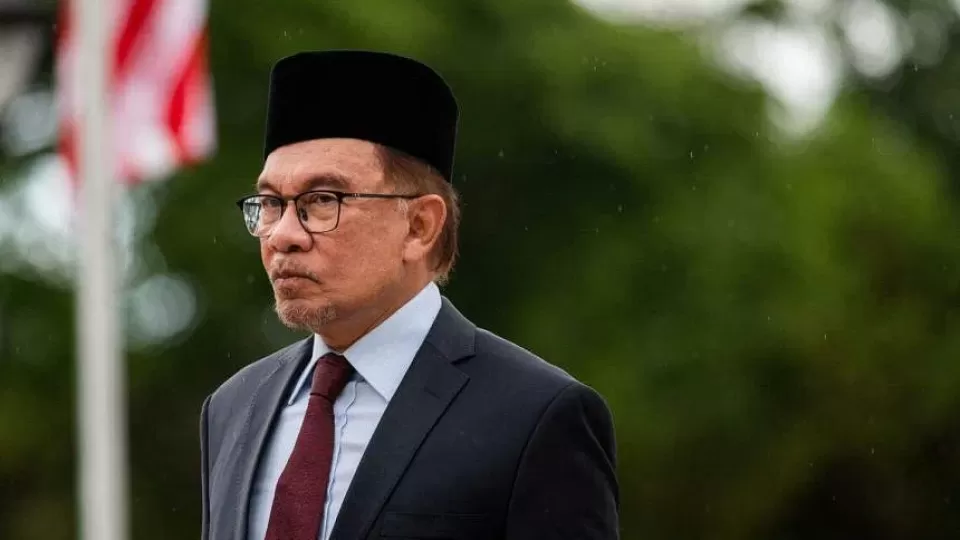March 27, 2023
KUALA LUMPUR – Concerns have been growing among civil society groups in Malaysia over freedom of expression since Datuk Seri Anwar Ibrahim became prime minister four months ago.
Despite spending decades campaigning on a reform platform, which included promises of greater civil liberties, he and the Pakatan Harapan coalition he leads have done little to change perceived oppressive laws that were long used by previous governments against their critics.
Members of Mr Anwar’s own coalition have previously been arrested or imprisoned under national security and sedition laws when they were in the opposition.
Incidents of public rallies being probed by the police, investigations over online criticism and calls by government politicians to use the colonial-era sedition laws have all continued under Mr Anwar’s administration since he came into power in November 2022.
At the centre of these moves is his own pursuit of his political critics from the opposition Perikatan Nasional. Defamation lawsuits and criminal defamation reports have been filed against them, including opposition leader and former premier Muhyiddin Yassin.
Lawyers for Liberty (LFL), a collective of lawyers pushing for civil liberties, said recently that using the police to protect Mr Anwar from criticism is “unlawful and despotic”.
“Has Anwar Ibrahim forgotten that during the Najib era, the then opposition Pakatan Harapan was at the receiving end of similar police investigations for criticism of then Prime Minister Najib (Razak)? Have Anwar and his political coalition learnt nothing from the persecution they were then subjected to?” LFL director Zaid Malek said in a statement.
The authorities have also pursued individuals who are behind online criticism directed at the government, as they mooted strengthening a controversial provision under the Communications and Multimedia Act to further regulate social media.
Individuals participating in a Women’s March rally earlier in March and a rally supporting Muhyiddin after he was briefly detained for corruption were also investigated by the authorities.
Government leaders have reiterated their commitment to civil liberties but have opted to prioritise economic challenges and political stability as their main agenda.
This is partly due to Mr Anwar leading a mixed coalition unity government, whose members include former rival Barisan Nasional (BN), which is led by Umno. It was BN that introduced and used many of the provisions limiting civil liberties.
Datuk Seri Amirudin Shari, a vice-president in Mr Anwar’s Parti Keadilan Rakyat, said the Premier – who was jailed twice on sodomy and corruption charges that he maintains were politically motivated – remains committed to the cause, but reforms are a “staggered” process and will not be achieved overnight.
“We have to go for institutional reforms first. We have to do things slowly and in a staggered manner, before we can go for certain symbols of freedom,” he told The Straits Times on Wednesday.
Rights group Suara Rakyat Malaysia’s executive director Sevan Doraisamy, however, said focusing on economic issues should not mean human rights matters should take a back seat. “We are not expecting changes overnight but at the same time they should not be delayed any further,” he told ST.
Bower Group Asia deputy managing director Asrul Hadi Abdullah Sani said that while civil society groups need to learn to be more patient with Mr Anwar, the current use of oppressive laws on political opponents still sends out a wrong message and “tarnishes the administration’s reformist agenda”.
“The administration cannot be seen as bulldozing reforms, which can be seen as liberal and un-Islamic,” he told ST.
Mr Anwar’s government faces a crucial test of its performance as his coalition members will head into six state elections later this year as partners, after years of being political enemies.
His government has so far agreed to abolish the mandatory death penalty for certain offences and amend the Constitution to allow Malaysian mothers with equal rights to pass on citizenship to their overseas-born children.


